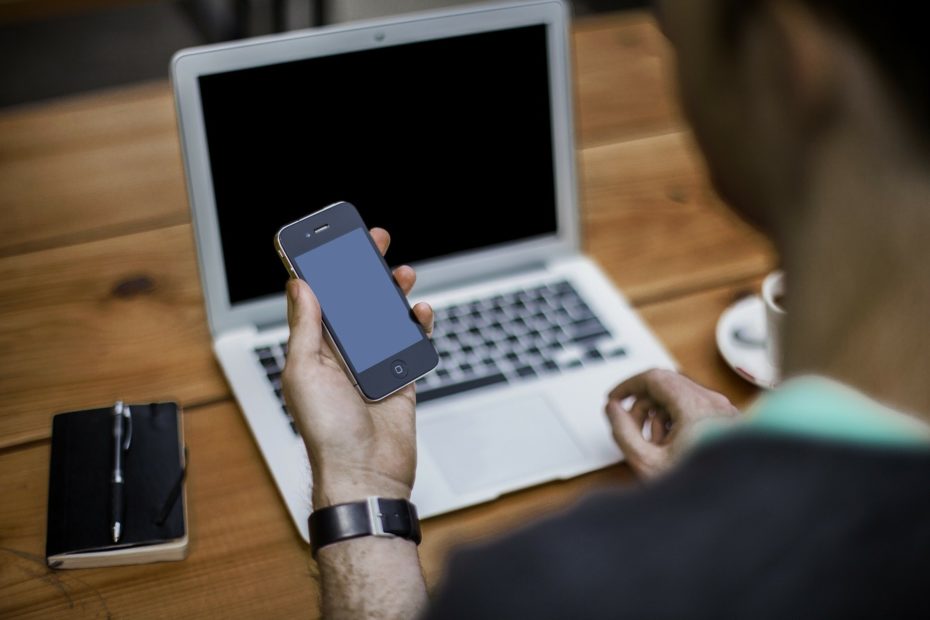Picture this: It is Thursday afternoon, you have been in back-to-back meetings for hours, and your emails are piling up.
You are in a meeting where you are pretty sure no one is going to call on you for your opinion.
So what do you do?
You start answering emails.
Multitasking during meetings can actually seem like a productive use of time. If the meeting you are attending is useless to you, aimless, or unproductive, you might as well be spending your time doing something else, right?
Wrong.
When you multitask, even if your attention is not really needed at the meeting, you can make the meeting worse for everyone.
What Happens When You Multitask
First, when you multitask during meetings, you encourage others to multitask during meetings as well. If you are in a leadership position at your company, the effects are even worse.
As stealthy as you may think you are, people notice when others are multitasking.
Second, each person multitasking during a meeting contributes to the problem of having bloated meetings with too many people. When you multitask, you still take up space in the meeting and can contribute to a reduction in decision making quality at the meeting.
What Counts as Multitasking?
We define multitasking during meetings as engaging in any activities that distract your attention away from focusing on, and being mentally present during, the meeting. Often, this is an attempt to get other work done during the meeting.
There are some activities that may be considered “productive multitasking” that are okay during meetings when you are not contributing very much, but your attendance is mandatory.
Productive multitasking might include doodling (which can help to improve concentration), completing household chores, or taking a walk while you listen to the meeting and are only contributing occasionally. These types of activities will help keep your eyes off of the notifications popping up on your computer and buzzing on your phone which may be tempting you to multitask when you are not actively engaged in the meeting.
Hold Yourself Accountable
Multitasking during a meeting begs the question: Why are you at the meeting in the first place?
It often seems rude to decide halfway through a meeting that your time would be better spent elsewhere, and to leave. That is why effective meeting management requires you to think about multitasking before the meeting even starts.
Before you attend a meeting, ask yourself if you are likely to multitask. If the answer is yes, see if there is a way for you to get out of the meeting by either declining the invitation or by reaching out to the meeting leader and asking if your attendance is mandatory.
Better yet, make yourself a promise. From now on, for each meeting you are invited to, choose one of two options: (1) do not multitask during the meeting or (2) do not go to the meeting.
It sounds extreme, but it works.
Sure, you will find yourself paying attention to some incredibly boring meetings, but this will encourage you to be more intentional about which meetings you accept in the future.
Pro tip for meeting leaders
One way to keep your meeting attendees from multitasking is to facilitate a structured meeting that requires that all attendees actively engage.
You can use a digital whiteboard tool, like Miro, that allows all meeting attendees to contribute, and can help to balance the amount of contribution from attendees in large groups.
Key Takeaway
Stop multitasking during meetings, and stop inviting multitaskers to your meetings.

